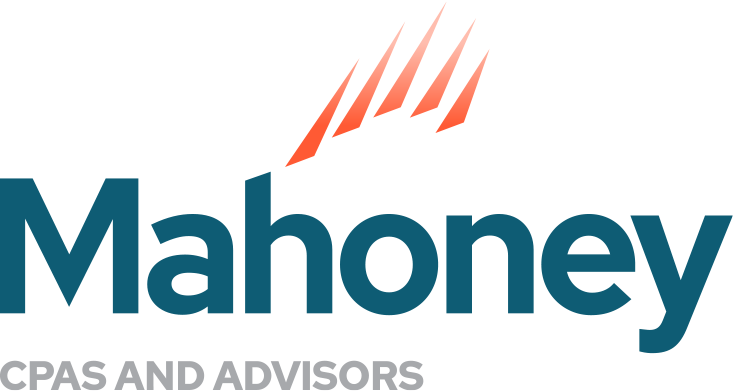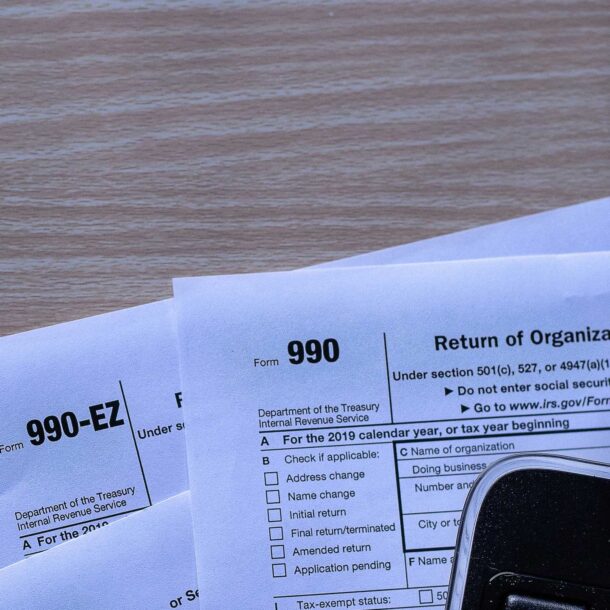
Why would I need a single audit now?
How COVID-related legislation changes thresholds
For many nonprofits, they received more federal funding in 2020 than ever before because of the ongoing COVID-19 pandemic.
Between the Coronavirus Aid, Relief, and Economic Security (CARES) Act, Coronavirus Response and Relief Supplement Appropriations (CCRSA) Act and the American Rescue Plan Act, the federal government allotted trillions of dollars in new funding, which was available to nonprofits. Much of this funding went to nonprofits that did not traditionally receive significant federal funding or, in some cases, nonprofits that previously received no federal funding.
Because of this, these nonprofits and those charged with helping them may not be familiar with the single audit requirements attached to this funding. That’s where this article comes in.
What is a single audit?
A single audit is a compliance audit required for nonfederal entities that expend more than $750,000 of federal awards in their fiscal year. Organizations track this requirement by preparing a Schedule of Expenditures Federal Awards (SEFA) listing all the applicable federal awards expended. In addition to a financial statement audit, a single audit tests to ensure awards were used in accordance with federal cost principles, your organization has adequate internal controls and your organization complies with any special government regulations and laws that apply to the specific funding stream.
Also, once the single audit is complete, you are required to submit a data collection form — a summary of the audit — to the Federal Audit Clearinghouse, which includes a full copy of the audit reports and your financial statements; these become available to the public on the Federal Audit Clearinghouse’s website. Be sure you review your financial statement disclosures to make sure there is not personally identifiable information included that you would not want available to the public.
How do I know if I have received federal funding?
The most obvious source of federal funds is an award to your organization directly from the federal government. However, even this is not a guarantee that the award must be included on your SEFA. There are some programs, such as the Paycheck Protection Program (PPP), that are excluded from the single audit requirements. You should start by assuming these funds are included, but make sure to look for exceptions.
The other source of federal funds, and in my experience the more common source of funding for small nonprofits, are pass-through awards coming from a local government or another nonprofit.
Determining if these should be included on your SEFA is more complicated than direct federal awards. When you receive an award from a pass-through entity, you must first determine if the award includes any federal funds. This should be stated in the award agreement, but the full award may not be funded by a federal award, or the amount of federal funds included in the award may change from year to year, so it is important to understand the details of your agreements. Once you have determined there are federal funds present, you need to determine if you are a subrecipient, a contractor or a final beneficiary under the award. Subrecipients should include these funds on the SEFA; contractors and final beneficiaries should not.
- A subrecipient is a nonfederal entity that receives a subaward from a pass-through entity to carry out part of a federal program.
- A contractor is an entity that provides goods and services needed to carry out the project or program under a federal award.
- A final beneficiary is an entity or individual who the federal award was ultimately intended to benefit.
This determination is supposed to be included in the award agreement, but often it’s not. If the information is not included, reach out to the grantor to ask because it is their responsibility to make this determination; but it can be difficult to get a direct and timely answer to this question. If you have trouble getting an answer you will need to look at the facts and circumstances of the grant and try to determine the classification for yourself. The determination can involve a lot of judgment, as the aforementioned definitions illustrate.
For example, a state awards you funding to build 30 homes for low-income individuals. The award is funded by a federal grant from the United States Department of Housing and Urban Development (HUD). If you are a construction contractor, whose main source of business is to build homes, it is likely you would be considered a contractor. However, if you are a nonprofit whose purpose is to help house low-income individuals, you have an existing program to build new homes and have a good deal of discretion regarding how to go about completing the project, you would likely be considered a subrecipient.
To further complicate this, take the last example, but add that the purpose of the original HUD award was to fund local nonprofits to assist in housing low-income individuals. In this case, you may be the final beneficiary. As this example illustrates, your specific circumstances have a large impact on your determination, and it is not always clear what the correct answer should be.
How does this affect my audit?
As mentioned, a single audit includes extra components beyond a financial statement audit. These components will require more testing on the part of your auditor and, therefore, more time on your part. The fee for the audit is also likely to be higher. And to make things more complicated, there will be additional deadlines to be aware of, so an audit that takes more time to complete may also be due sooner than you are used to.
Beyond the audit-specific changes, there are additional compliance requirements for your auditor. Auditors who perform single audits must obtain 80 hours of Yellow Book CPE, and the independence requirements for these firms is slightly different than for a standard financial statement audit. This means it is possible the auditor you have worked with for years may not be able to perform your single audit.
After all is said and done …
The industry expects many nonprofits will be subject to a single audit for the first time in their 2020–21 fiscal years, and they may not expect it. The consequences for missing this requirement can be harsh, so it’s imperative you understand these requirements and talk to your auditor sooner rather than later.
Elizabeth Barchenger, CPA is a director in the assurance team at Mahoney. She has more than 10 years of experience working with nonprofit clients with a specialization in single audit. You may reach her at ebarchenger@mahoneycpa.com or 651-281-1871.
This article originally appeared in the September, 2021 edition of MNCPA publication, FOOTNOTE. Republished with permission.
ADDRESS
10 River Park Plaza, Suite 800
Saint Paul, MN 55107
(651) 227.6695
Fax: (651) 227.9796
info@mahoneycpa.com
© 2024 Mahoney | Privacy Policy
Mahoney Ulbrich Christiansen & Russ, PA



